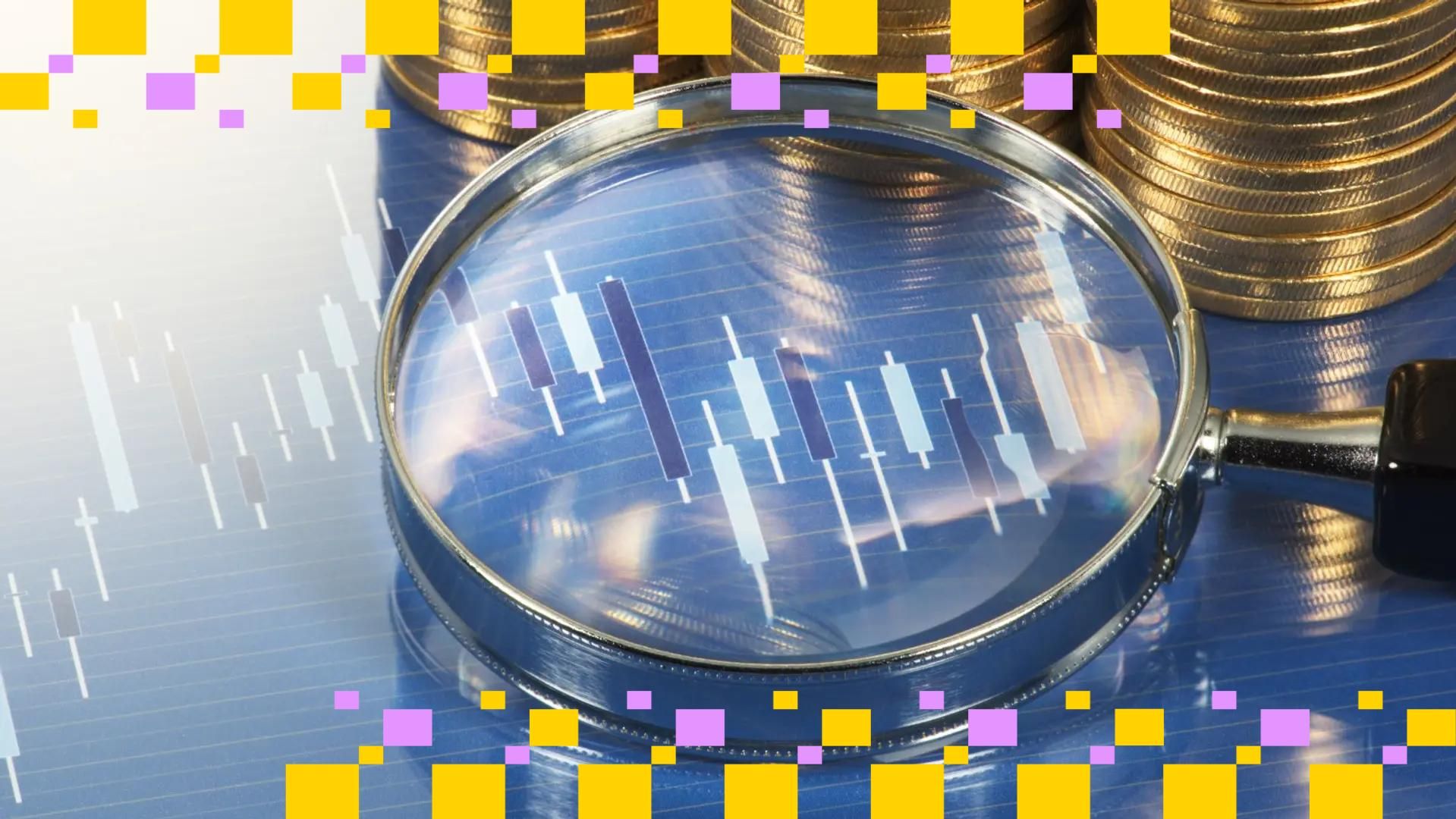“BTC’s monthly chart shows indecision at record highs.”, — write: www.coindesk.com
Bitcoin BTC$107,151.64 traders, pull up the monthly candlestick chart, which is waving the white flag of indecision like never before, and October’s candle says it all.
The October candle represents a massive trading range, from about $103,600 all the way up to over $126,000. That’s a spread bigger than the preceding three months combined! Yet, BTC ended October with a modest 3.8% dip. When prices swing wildly but end the concerned period near where they started, it’s what some traders call an “indecision candle.”
A bull would see this as base building – a quiet moment before the next big leap up. That’s possible because BTC’s ongoing bull run from early 2023 has been a classic “stair-step” rally. Besides, historically, BTC tops tend to form sharp, inverted V-shaped blow-off moves. So maybe it’s gathering bullish steam. But there’s a catch.
This indecision is happening at a key point: the trendline connecting bitcoin’s all-time highs from 2017 and 2021. Record highs are where buyers usually flex their muscles, but right now, they’re hesitating. And the monthly MACD histogram, an indicator used to gauge trend strength and changes, confirms this slowdown in upward momentum, as it produces smaller peaks above zero instead of new highs.
 BTC’s monthly chart. (TradingView)
BTC’s monthly chart. (TradingView)
Notably, last month’s new price high did not receive MACD’s blessing, creating a bearish divergence that echoes the warnings seen at previous tops, such as the famous 2021 high.
Throw in the fact that this uncertainty persists despite bullish news like Fed rate cuts and better US-China trade relations, and the case for bulls starts to look shaky.
 Dollar index’s monthly chart. (TradingView)
Dollar index’s monthly chart. (TradingView)
And if that’s not enough, bitcoin’s stuck-in-the-mud feeling right now mirrors the indecision we’re seeing in the US dollar index (DXY) after its own big downtrend. The DXY looks primed for a turnaround and could soon rally, which historically puts pressure on bitcoin’s rally.
Where does that leave us?
If momentum is fading and buyers can’t push through resistance, BTC could see a pullback to around $100,000 or lower before attempting the next grand move. Conversely, a renewed move above $116,000 would be needed to reconsider the bullish outlook.
 Stablecoin payment volumes have grown to $19.4B year-to-date in 2025. OwlTing aims to capture this market by developing payment infrastructure that processes transactions in seconds for fractions of a cent.
Stablecoin payment volumes have grown to $19.4B year-to-date in 2025. OwlTing aims to capture this market by developing payment infrastructure that processes transactions in seconds for fractions of a cent.
View Full Report
 While the move helps avoid potential liquidity crises that could damage financial markets, it falls short of being as stimulating to risk assets as the Fed’s other moves, such as QE.
While the move helps avoid potential liquidity crises that could damage financial markets, it falls short of being as stimulating to risk assets as the Fed’s other moves, such as QE.
- The Federal Reserve injected $29.4 billion into the banking system to ease liquidity concerns, supporting risk assets like bitcoin.
- The operation was the largest since the 2020 pandemic, conducted via the standing repo facility (SRF) to temporarily boost cash reserves and lower repo rates.
- This liquidity boost is a short-term measure and not indicative of a shift towards quantitative easing.
Read full story
